Feb. 19 – 28—This series by the Vermont International Film Festival will feature recorded conversations with directors Natasha NGaiza and Ashley O’Shay. The series will be available for 10 days on VTIFF’s online portal at watch.vtiff.org. More information, tickets and passes on vtiff.org/vtiff-now/split-screen/
The six films
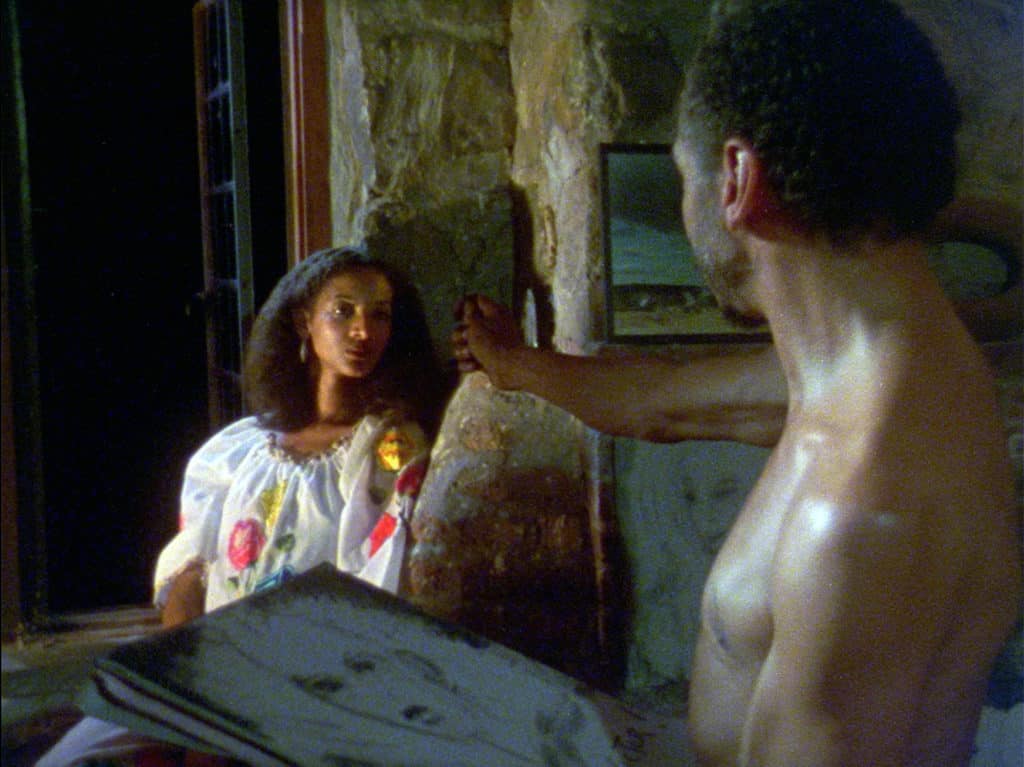
1. “Losing Ground” by Kathleen Collins
One of the first American features directed by a Black woman, Kathleen Collins’s 1982 film was released in 2015. In 2020, the film was selected for preservation in the National Film Registry by the Library of Congress as being “culturally, historically, or aesthetically significant.”
Two years after the film’s narrow debut, Collins spoke to a class of Howard University students about representation of the Black experience. “If you’ve been the notion of sin incarnate and you’re now trying to correct that balance, what do you do? You make Black people into saints.” Of this extreme binary, she says, “Neither one is reality. Both are tracks to dehumanize you.” “Losing Ground” is a complete departure from the saints vs. sinners trope that Collins warned of. Instead, it focuses on that aforementioned emotional need and offers a study of complex individuals in the midst of respective existential crises.
2. “Farewell Amor” by Ekwa Msangi
After 17 years apart, Angolan immigrant Walter is joined in the U.S. by his wife and teen daughter. Now absolute strangers sharing a one bedroom Brooklyn apartment, they struggle to overcome the emotional distance between them. Walter is trying to let go of a previous relationship while his wife Esther struggles with a new country, culture and a husband who seems distant. Their daughter Sylvia is a dancer just like her father, and while she also finds her new life difficult, she bravely starts to explore the city and show herself through dance. The film is both a universal immigrant story and the unique perspective of three characters bound together by history and hope. It is an intimate and deeply personal look at an inter-generational tale that has defined America since its inception.
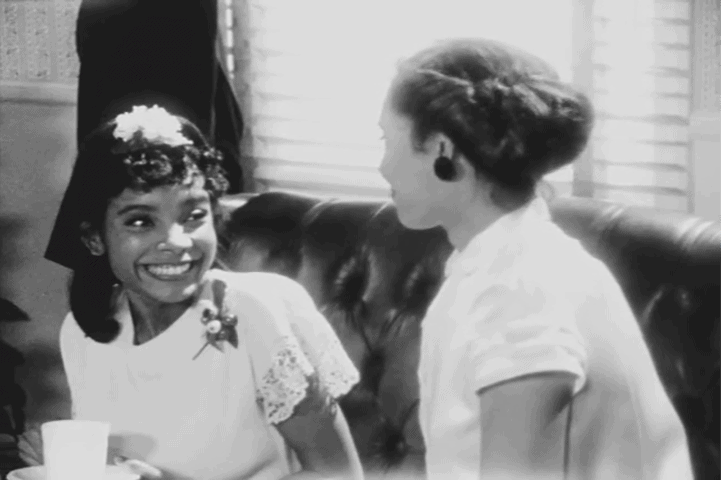
3. Three short films
“Illusions” by Julie Dash
“Now I am an illusion, just like the films. They see me but they can’t recognize me.” So states the protagonist of “Illusions.” The time is 1942, a year after Pearl Harbor; the place is National Studios, a fictitious Hollywood motion picture studio. Mignon Duprée, a Black woman studio executive who appears to be white and Ester Jeeter, an African American woman who is the singing voice for a white Hollywood star are forced to come to grips with a society that perpetuates false images as status quo.
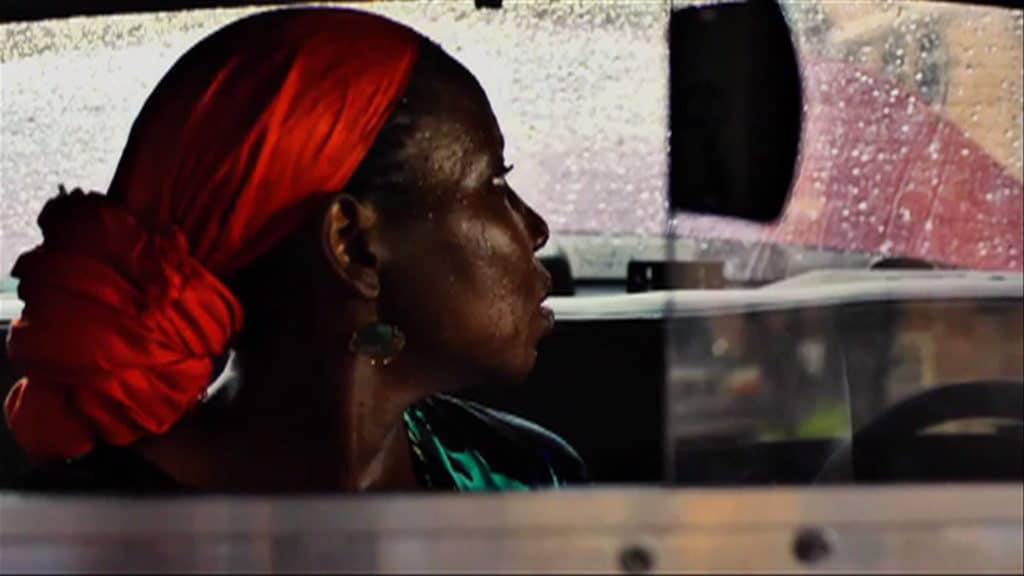
“Blackout” by Natasha NGaiza
A sudden power outage leads to an impromptu shadow performance that inspires an African immigrant to revisit the past and confront her marriage. “Blackout” explores the intricacies of transnational African identity, motherhood and memory.
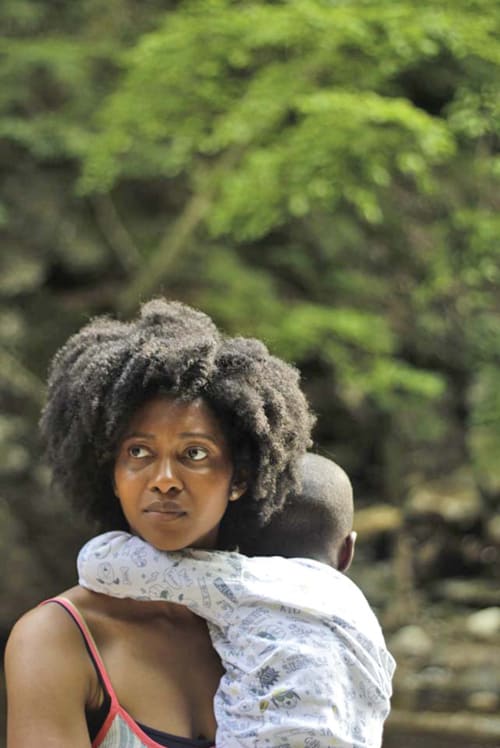
“A Mother”by Natasha NGaiza
As a town copes with the disappearance of a little girl, a mother of two must come to terms with her own decision to abort an unexpected pregnancy. “‘A Mother’ was written in the wake of the first wave of the Black Lives Matter movement. It was written after the ProPublica report headlined, “Nothing Protects Black Women from Dying in Pregnancy and Childbirth” while pregnant with my third child. It was written to honor Black motherhood in the U.S., the beauty, the heartache, the mess, the loss and the hope.
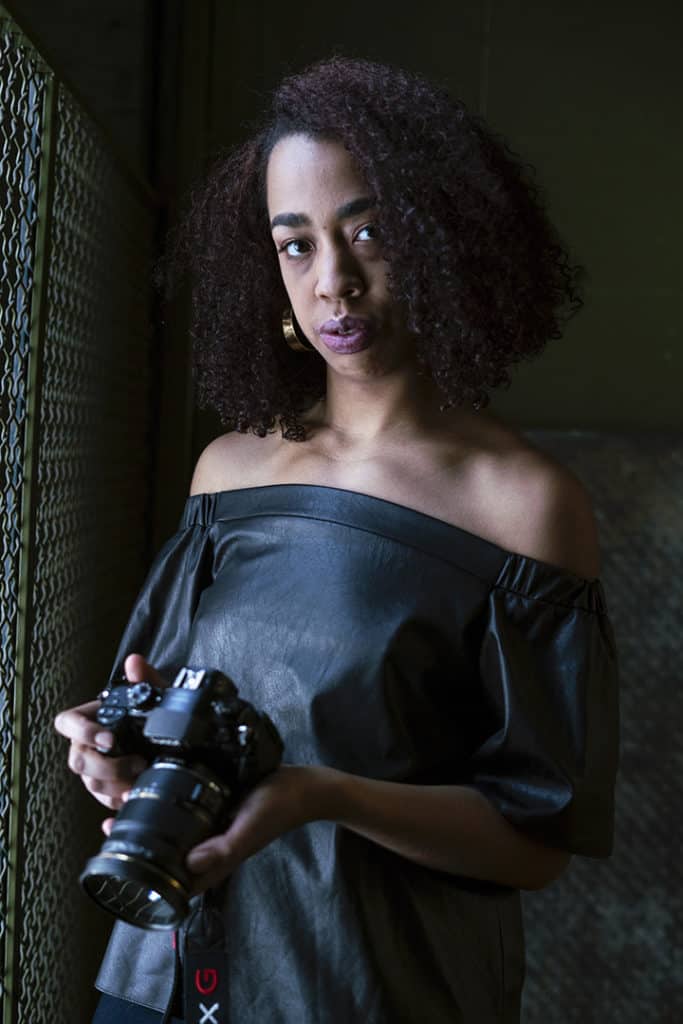
4. “Unapologetic” by Ashley O’Shay
Produced by Chicago-based Kartemquin Films “Hoop Dreams”, “Unapologetic” captures tensions between a police board led by Lori Lightfoot (now Chicago mayor) and Abolitionist organizers at Chicago police headquarters in a polarizing moment in Chicago’s fight against racial injustice after the slaying by police of two Black Chicagoans. The film is told through the eyes of two millennial activists as they work to take back their community in the face of a complicit city administration. A feminist movement that lies at the helm of fighting for all Black rights.
Split/Screen is an 8-month partnership between the Vermont International Film Festival and Middlebury New Filmmakers Festival, with each organization alternating curating months. More info: vtiff.org.



